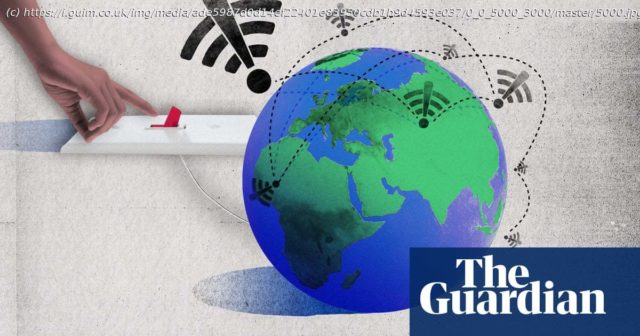Array
When Myanmar’s military ordered telecom companies to shut down access to Twitter in February 2021, one Twitter user in Mumbai who was posting critically about the Indian government realised he had lost access to the social media platform. He sent a message on Signal to a friend: “Am I imagining this? I may be being paranoid, but why am I having access difficulties with Twitter?” He was not paranoid. Myanmar’s Twitter block had accidentally cut Twitter access to at least half a billion internet users. The same dynamic was repeated in March 2022, when Russia inadvertently cut access to Twitter across Europe with a block designed for its own people.
The mechanics of the internet mean that blocks on access imposed by one country may leach over the borders on to neighbouring populations, or even be felt half a world away by users in different continents.
“We want to recognise what one country does within its borders doesn’t stay there. The techniques and pressure they bring against telecom operators interconnect globally, as all telecom companies do,” says Raman Singh from the digital rights non-profit group Access Now.
The routing decisions of private telecoms companies play a huge role in determining internet freedom, censorship, and online surveillance. Whether malicious or unintentional, obscure telecommunications instructions can have unforeseen and far-reaching consequences.
Behind the scenes, the internet resembles a map, filled with digital pathways called Border Gateway Protocol (BGP) routes that direct internet traffic. The directors operate like a fleet of figurative Fat Controllers. They manage a map that is constantly on the move. New websites are created, new routes are added, and existing routes are changed, all without the luxury of a centralised control room.






